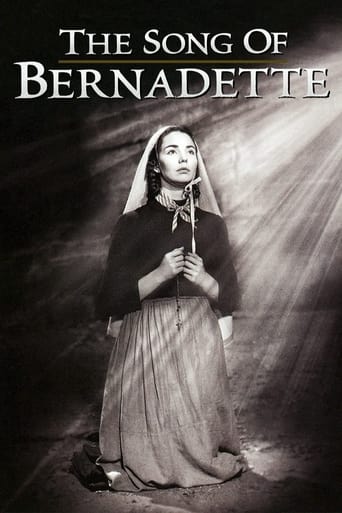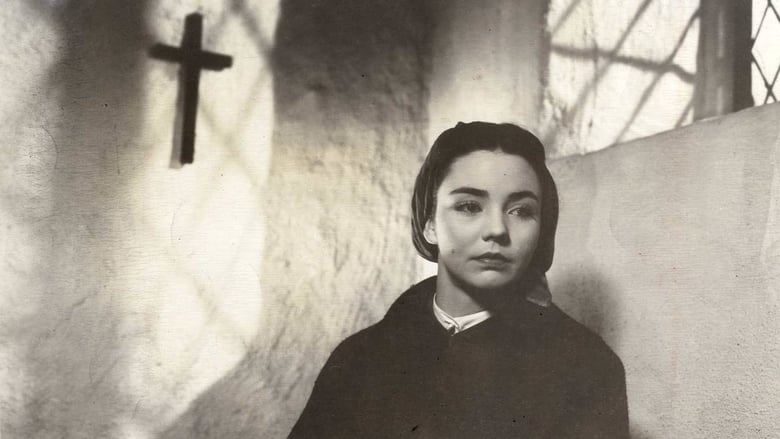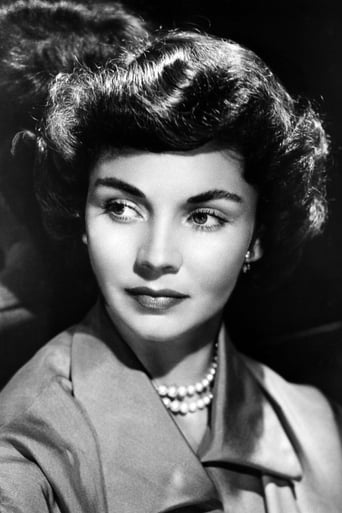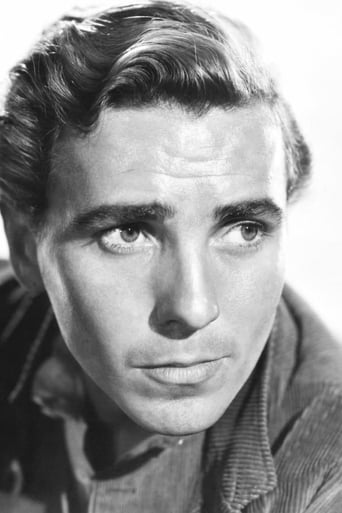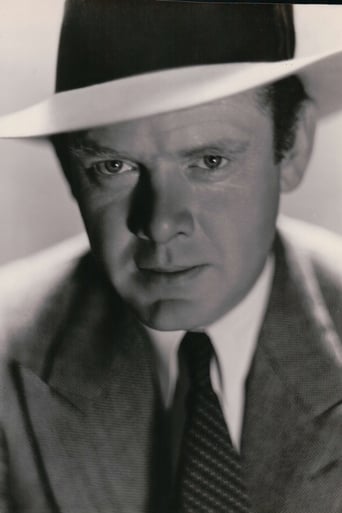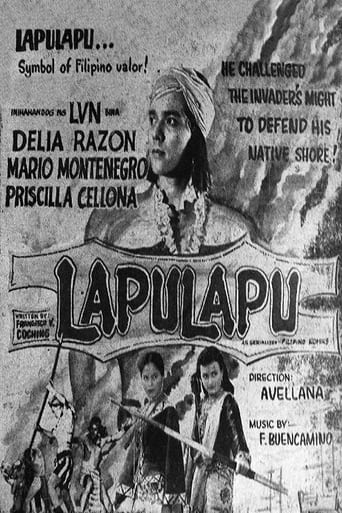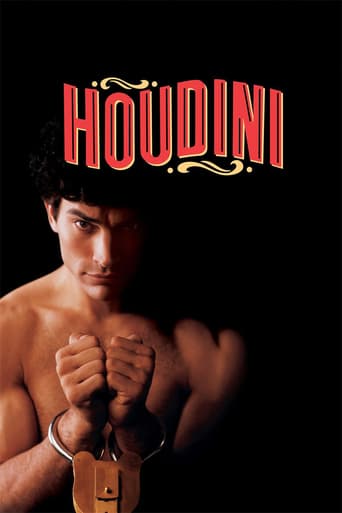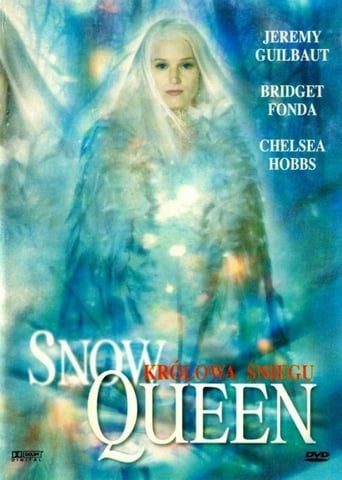The Song of Bernadette (1943)
In 1858 Lourdes, France, Bernadette, an adolescent peasant girl, has a vision of "a beautiful lady" in the city dump. She never claims it to be anything other than this, but the townspeople all assume it to be the Virgin Mary. The pompous government officials think she is nuts, and do their best to suppress the girl and her followers, and the church wants nothing to do with the whole matter. But as Bernadette attracts wider and wider attention, the phenomenon overtakes everyone in the the town, and transforms their lives.
Watch Trailer
Cast


Similar titles
Reviews
If you don't like this, we can't be friends.
Did you people see the same film I saw?
It's a movie as timely as it is provocative and amazingly, for much of its running time, it is weirdly funny.
By the time the dramatic fireworks start popping off, each one feels earned.
Despite being a huge classic film fan, it took me a while to get round to watching 'The Song of Bernadette'. Partly because of being so busy, but also, although being an admirer of a lot of the cast and crew, finding that the subject matter didn't appeal to me for a while.Goodness knows why though, because finally getting round to it 'The Song of Bernadette' was a miracle of a film. Sure it is a long film, perhaps a little too long (the only thing that counts as a debit against it for me, and it is so small because what it does right is enough to fill a novel), but contrary to one might think its point of view that it portrays is valid and very sincerely put across, not heavy-handedly or in a way that's biased. It also, from personal view, doesn't contrive to move audiences, or convert viewers and sceptics to its way of thinking. The emotional impact comes from how well it explores its subject matter and how much the sincerity and poignancy shines through every frame and performance.Before one forgets, 'The Song of Bernadette' is a surprisingly quite faithful account of the story of Bernadette Soubirous, which is an amazing story in itself, some may ask how idealised it is, actually considering other films based on true stories/history etc and the subject matter it doesn't actually feel that idealistic. It manages to do the seemingly impossible in making capture the main events, spirit, background and atmosphere of Werfel's novel and making everything cohesive while condensing things necessarily to the point from a book so rich in detail to the point of bloat.There are so many that make 'The Song of Bernadette' a film miracle. The luminous black and white photography wholly deserved its Oscar, that, the atmospheric lighting and sumptuous production values help make 'The Song of Bernadette' one of that year's (that half of the decade even too) most visually beautiful films. Alfred Newman's score adds so much to the film to the extent that the film may have been a completely different one without it, and it's hardly surprising it's garnered a soundtrack album of its own considering how well it stands up as music on its own. It's stirring and achingly gorgeous music, some of my favourite work of his.Scripting doesn't resort to preachy sermonising or bias, instead it's very intelligently written and as aforementioned the argument it makes is valid and sincere, and it makes sense. The dialogue itself does provoke thought some time after. The story is incredibly moving and inspiring, also being careful not to paint its characters too black and white. Despite being a long film, the production values, music and performances are so wonderful, Henry King's direction so sensitive and the emotions so high that one is riveted throughout.Jennifer Jones, in her debut performance (in her own name that is, having done a few other previous projects under a different name), seldom gave a more touching or better performance, of her five Oscar nominations this was the only time she won one and it was a very deserved win from personal view.In support she is particularly well aided by Gladys Cooper, on fiery form, Vincent Price, impeccably giving his character menacing colour and unusual restraint, and Charles Bickford, suitably sympathetic. The Virgin is sincerely portrayed as a symbol of hope by Linda Darnell, am also of the opinion that the film and role were not trying to say anything comparing who was greater between Mary and Jesus, it was just a symbol.Overall, a miracle of a film. Whether one is converted is very dependent on the person, personally I watched 'The Song of Bernadette' expecting to be challenged but still admire it a good deal, finished it feeling very moved and inspired. 10/10 Bethany Cox
One of the greatest films of the golden era of Hollywood was a religiously themed film about the private revelations of the Blessed Virgin to Bernadette Soubirou, an illiterate peasant girl from the town of Lourdes in the year 1858. It made a star of Jennifer Jones, and won her the Oscar that year. The film was nominated for Best Picture as well as 10 other Oscars, and won for best score (Alfred Newman) and cinematography as well. One of the intriguing things about the movie is how it came to be made. The writer, Franz Werfel was living in Germany with his wife, Alma (the widow of the great composer Gustav Mahler) when they had to escape to France to escape the Nazi terror. Settling near Lourdes in the south of France in the shadow of the Pyrenees, they became acquainted with the 'miraculous' spring of Lourdes, where the Catholic faithful had been coming for nearly a hundred years.Inspired by the faith and hospitality of the French peasantry who flocked to the shrine, Werfel vowed to God to write about them if He saved the couple from annihilation. Though a Jew, Werfel was impressed by the humility and goodness of the people among whom he had settled.Escaping finally to America, and settling in California, he set to work in 1942 writing The Song of Bernadette. Upon publication, it was immediately recognized by David O. Selznick of 20th Century Fox as a great property, and was purchased for the rights to adapt it to the screen.One of the singular things about the film is how closely it hues to the book, which was an historically accurate novelization of the phenomenon of Lourdes. It presents in stark terms the disbelief of the political, religious and scientific leaders of the day, and the grief they caused Bernadette Soubirou and her family. Further, it presents Bernadette's visions without explanation or judgment, and leaves it to the viewer to make his own mind up about them.Made in 1943, at the height of WWII, when the world was in turmoil such as it had never been before, and faith in God was severely put to the test, few films have been as appropriate to their time and place as this was. It is one of the greatest films of all time. It has recently been digitally restored on DVD, with commentary and other extras.
The Song of Bernadette is not like movies today. It does not have any laser fights, or explosions. This movie simply shows the conflict between the faithful and the doubters. It isn't the most exciting movie in the world, yet it will keep you awake with the constantly changing believes of the people of Lourdes. Faithful or not this movie is truly inspirational. Although in the end where it gets confusing and sees like Bernadette dies 3 times, it shows how people change throughout the movie such as the mayor and the doctor. There will be the characters you like such as Father, and the ones you don't like, characters such as the doctor. In the end, Christian or not, this movie will leave you changed by the time it is over
It's a fine example of the kind of reasonably accurate, historical biographies that studies like 20th Century Fox were turning out in the 30s and 40s. The acting is professional, the mise en scene convincing, the characters recognizable, and the determinedly middle-brow story easy to follow. If the movie and its premise go unchallenged, it can be moving. You must overlook some minor discrepancies between history and a recent movie. For instance, Bernadette Soubirous (Jones), who is better looking than the original, not only washed her face in the mud when advised to do so by "the lady" but she actually ate some of it. It would have been as commercially offensive to show that as it would have been to show the tubercular infection of her leg that killed her in her 30s. Today, of course, it would be different. The camera would linger lovingly on the mouth full of mud and the pustular wound.As Bernadette, Jennifer Jones won an Academy Award. She's pretty, and she progresses from a teen ager to a mature woman believably, but she's not really required to do very much except, as one character (a mean nun) observes, act and speak "disarmingly." When the vision appears, Jones' face lights up brightly, just as Denzel Washington's did in "Malcom X" when HE sees the light. Anne Revere is outstanding as the tough mother who holds the family together. Charles Bickford as the village priest is gruff and hard to convince. Vincent Price does a villainous turn as the Prosecutor but in the end is converted. Gladys Cooper as a bitter, jealous, unbelieving nun is splendid -- what a face! From a scientific point of view it can be said that -- well, there IS no scientific view. This is around 1860. Freud was only four years old. His cases don't look anything like those we see today. Yet, Bernadette Soubirous herself aside, social psychologists would recognize the pattern of crowd behavior. Lourdes attracted hordes of followers during the period when Bernadette was having her visions. The pattern is typical of a certain kind of collective behavior -- begun by a young girl who serves as the index case. The conformation to the template would have been more convincing if some of the other children claimed to see the same or similar visions. Such an event is the subject of savage parody in Fellini's "La Dolce Vita" and is taken well over the top -- to some distant, unimaginable planet -- in "The Miracle of Our Lady of Fatima" in which the sun is made to stop and dance around.Lourdes today doesn't look much like a small village near a filthy grotto. As I recall, it's built up considerably, not just the town but the various chapels, and it's surrounded in summer by hundreds of pilgrims hoping for something. It all seems as commercial as this movie.But none of that should keep a viewer from seeing the film. As I say, it's a good example of its period and its genre and is in no way insulting. Poor Bernadette.

